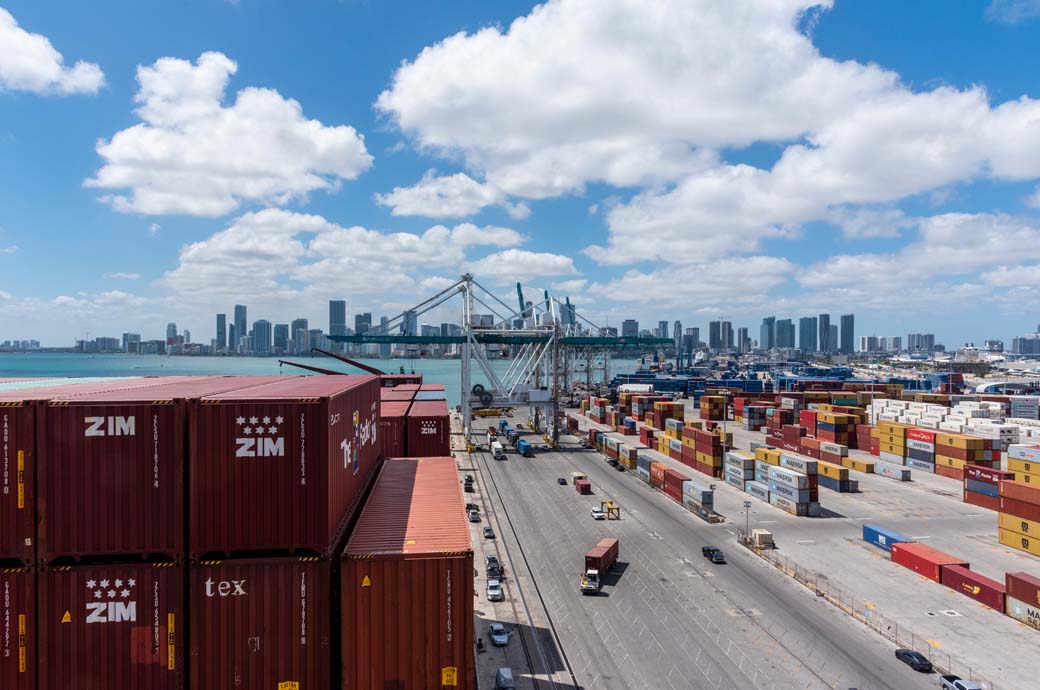
These grants will support deployment of zero-emission equipment, as well as infrastructure and climate and air quality planning projects at ports across the country.
President Biden made the announcement at the Port of Baltimore, a White House factsheet said.
The grants are funded by President Biden’s Inflation Reduction Act—the largest investment in combating climate change and promoting clean energy in history—and will advance environmental justice by reducing diesel air pollution in US ports and surrounding communities, while promoting good-paying and union jobs that help America’s ports thrive, an EPA release said.
Port and freight equipment contribute to significant levels of diesel air pollution at and near port facilities. This pollution is especially harmful to the health of nearby communities and contributes to climate change.
The funds announced will improve air quality at ports across the country by installing clean, zero-emission freight and ferry technologies along with associated infrastructure, eliminating more than 3 million metric tonnes of carbon pollution, equivalent to 391,220 homes' energy use for one year.
In February this year, EPA announced two separate funding opportunities for US ports: a zero-emission technology deployment competition to directly fund zero-emission equipment and infrastructure to reduce mobile source emissions; and a climate and air quality planning competition to fund climate and air quality planning activities.
The competitions closed in May, with over $8 billion in requests from applicants across the country seeking to advance next-generation, clean technologies at US ports. After a review, EPA selected 55 applications to receive this investment.
Selected projects cover a wide range of human-operated and human-maintained equipment used at and around ports, with funds supporting the purchase of zero-emission equipment, including over 1,500 units of cargo handling equipment, 1,000 drayage trucks, 10 locomotives, and 20 vessels, as well as shore power systems, battery-electric and hydrogen vehicle charging and fueling infrastructure, and solar power generation.
Initial estimates of tailpipe reductions from this new equipment are estimated to be over 3 million metric tonnes of carbon dioxide, 12,000 short tonnes of nitrous oxide and 200 short tonnes of particulate matter 2.5 in the first 10 years of operation.
Zero-emission technology deployment projects will be implemented by the Port Authority of New York and New Jersey, the Detroit/Wayne County Port Authority, the Georgia Ports Authority, the Philadelphia Regional Port Authority and the Port Department of the City of Oakland.
Climate and air quality planning projects will be implemented by the Port of Houston Authority in Texas, the Puerto Rico Ports Authority and the Northwest Seaport Alliance (NWSA).
Fibre2Fashion News Desk (DS)